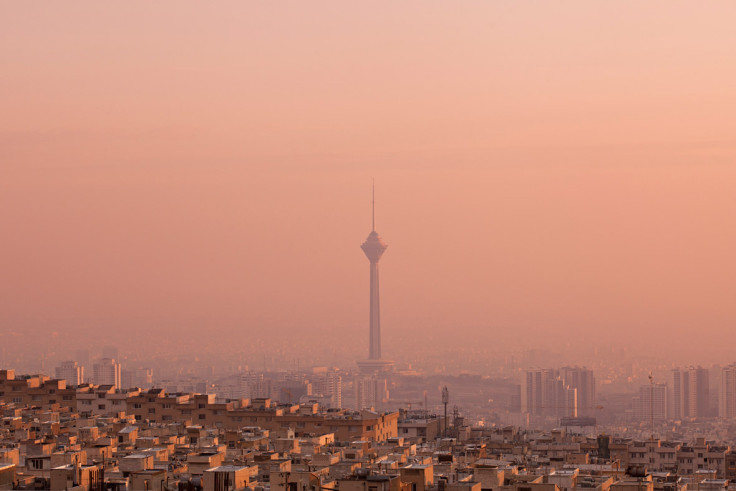The Iran rush: European and Asian firms on starting line as sanctions are lifted

A host of European and Chinese firms have been actively explored business opportunities with Iran over the past two years, while Tehran and the UN negotiated an agreement over the country's nuclear programme.
On 16 January, the diplomatic sanctions on the country that had been in place for a decade were lifted after the UN watchdog deemed Tehran had met its commitments, meaning Iran is now free to return to the global market.
Once the deal is formally implemented, economists estimate Iran will be able to unlock approximately $100bn (£70bn, €91.8bn) of frozen assets, while $30bn worth of foreign assets are expected to become available immediately.
However, with oil prices already at record lows amid weakening demand from Asia and global oversupply, the prospect of Tehran re-entering the market and seeking investors to ramp up its production by 500,000 barrels per day dragged the oil prices down in January.
Iran holds the fourth largest oil reserves and the world's largest natural gas reserves, and it plans to boost production and exports on both fronts, with international energy firms from both Europe and Asia among the potential partners.
"Over the past two years, while the negotiations were taking place, Iran was in talks with various European players such as Shell, Total and Eni," said Radman Rabii, vice president of International Clients, the brokerage arm of Iran-based investment group Turquoise Partners.
"After the removal of sanctions, we've seen news regarding further meetings between European firms and National Iranian Oil Company and Ministry of Petroleum, while Chinese companies have been active throughout and there is renewed interest from Petronas to seek re-engagement in the Iranian energy industry."
However, while Iran is set to become a major player in the oil market, unlike other countries in the region, only 15% of the country's GDP is oil-related and, partially as a result of sanctions and low oil prices, Iran has reduced its reliance on crude. That, in turn, could attract into the country firms eager to invest in a number of different sectors, according to Rabii.
"The Iranian stock market is rather well diversified compared to other markets in the region with more than 30 sectors being present on the equity market," he said.
"Iran's industrial sector is also well developed and foreign investors can find many different opportunities, ranging from automotive, telecommunications, mining, metals and minerals production."
While Iran's return on to the global economic stage after a decade-long hiatus is expected to have a huge impact on the markets, the knock-on effects on everyday life in the country could be just as momentous.
"The effects of this deal will be long term and Iranian citizens and businessmen would reap the benefits in the years to come," said Rabii. "[We can expect] ease of doing business internationally, access to international financial networks and renewed partnerships with global players.
"On a more macro level, increased exports in oil as well as access to frozen assets abroad will enable the Iranian government to be able to tackle some of the economic woes at home."
Rabii added the lifting of restrictions on sale of commercial aircraft to Iran will also boost the safety of air travel and develop the ailing air transportation industry, which should in turn increase and improve domestic and international services.
© Copyright IBTimes 2025. All rights reserved.






















